Editorial: Policing should be about peace
Police in every community have a single role: to keep the peace. In recent history, police have gotten away from this mission in favor of aggression and militarism.
As we pass the first anniversary of the shooting of Michael Brown, and the rise of the Black Lives Matter movement, it’s important to visit the issue of police violence and determine what should be done to return policing to its original peacekeeping mission.
The New Orleans Police Department, like many police departments around the world, face myriad problems.
In 2011, the Federal Department of Justice Civil Rights Division performed an investigation into the misconduct of the NOPD, and found that the various civil rights violations and constitutional breaches are systemic, structural and widespread.
Earlier this year, the Office of the Inspector General released a report showing that many of the issues that were previously flagged have not been resolved.
A distinction that many in different anti-police movements fail to draw is that the problem with policing in the United States today is not the people wearing the uniform. It’s the deficiencies in our policing system, and it goes far beyond New Orleans.
Certainly, there are bad cops. Anyone involved in policing will say that as well. But overall, the issue isn’t that all police are bad people, born poised to kill and destroy freedom. The problems are more complex.
There’s a high level of racial bias in policing, where minorities are profiled based off color, national origin and faith. In addition to being an ineffective policing tactic, this is illegal, as it violates the constitutional principle of equal protection under the law.
Excess military equipment being sold to police departments inflames tensions with protesters. As one U.S. Marine wrote in the International Business Times, the war gear that was used by SWAT to check the protests in Ferguson was heavier and more deadly than the equipment the U.S. military used to patrol the streets of Iraq and Afghanistan. Protesters should not be treated as enemy combatants.
The war on drugs, prostitution and other vices creates more criminals without making us any safer. This can be seen with the case of Eric Garner, where he was put in a chokehold for selling loose cigarettes. Had this victimless activity not been made a crime, Garner may still be alive.
Many police come in contact with mentally ill or physically disabled people daily. A lack of adequate training makes police officers unprepared to handle these circumstances, and leads to the use of violence in situations where violence could have been avoided.
The justice system exacerbates the problem of aggressive policing. From civil asset forfeiture laws, to Supreme Court decisions that don’t condemn poor policing, or a lack of accurate data on how often police officers use their guns, these problems make it harder to avoid militarization and aggressive policing.
Not only does the legal system cause these problems, but so does our culture.
And we have been complacent.
In no civilized society can people be apathetic to stories of people who have been victims of the corruption of our legal system. Be it from unnecessary escalation of violence or corrupt legal proceedings, these stories deserve more than coverage from local news outlets or shares on social media. They have to be in the front of our consciousness and should accompany every conversation about police or the justice system.
We have misdiagnosed the problems.
Compliance to the law will not solve the problem of poor policing. Complying to orders can help avoid escalating instances of violence. However, there have been people who have been unable to comply, such as children who don’t understand the gravity of the situation they were found in, or people who are deaf. A lack of compliance is not the issue.
Racial inequality in policing is only a symptom of the larger problem of poor policing. If police didn’t racially profile, there would still be too many excessive laws, and police departments would still have financial incentives to enforce them.
No one is immune from the problems of poor policing. Everyone can be a victim to a bad law or a corrupt police officer. This affects all of us, and we all have an obligation to see these poor circumstances improve.
To ask these problems to be fixed is not to insult police officers. It is only an attempt to ensure that police fulfill their mission to protect and serve, as is their duty. When a large number of people feel the need to insist that their lives matter, this duty isn’t being fulfilled.
As a society, we need to hold police to that standard, fight the corruption in our legal system and police departments, and we have to do a better job of it than we already have.
The editorial represents the majority opinions of The Maroon’s editorial board and do not necessarily reflect the opinions of Loyola University.

R. Gage is an economics junior and the Managing Editor for Electronic Properties. He was previously a guest columnist and the Opinion and Editorial Editor....



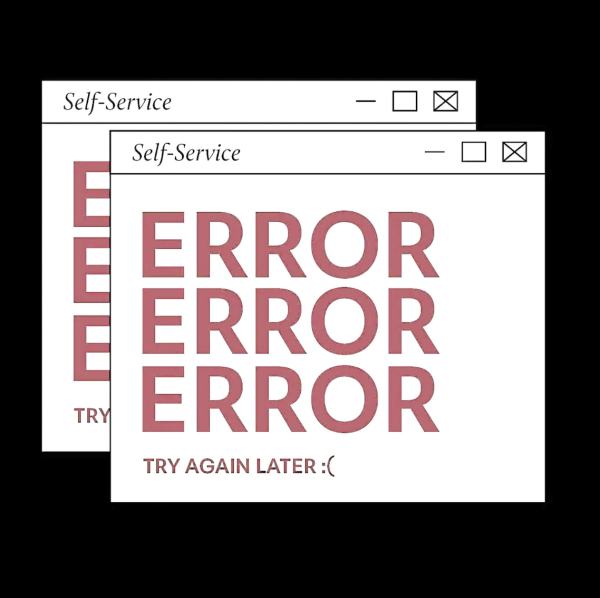
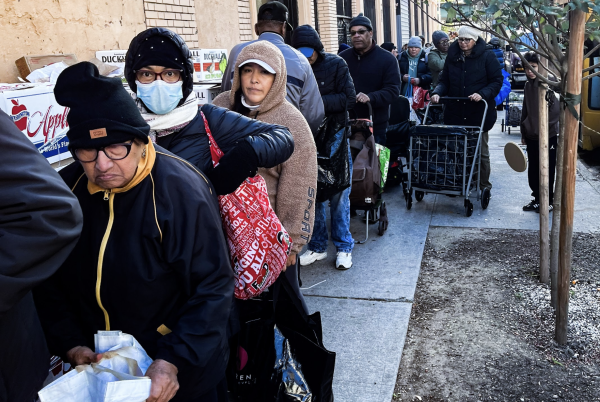
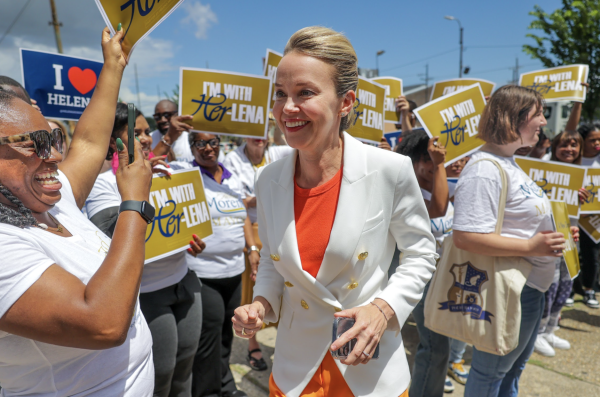
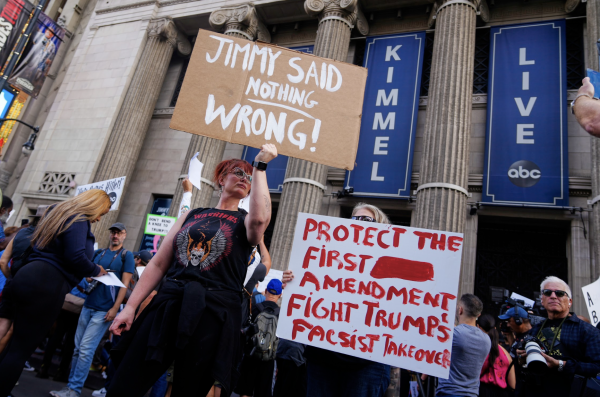
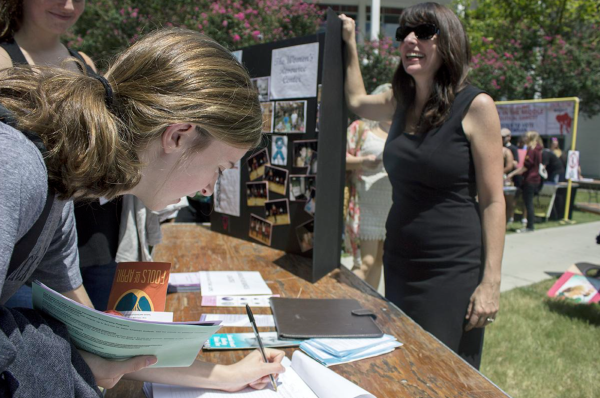
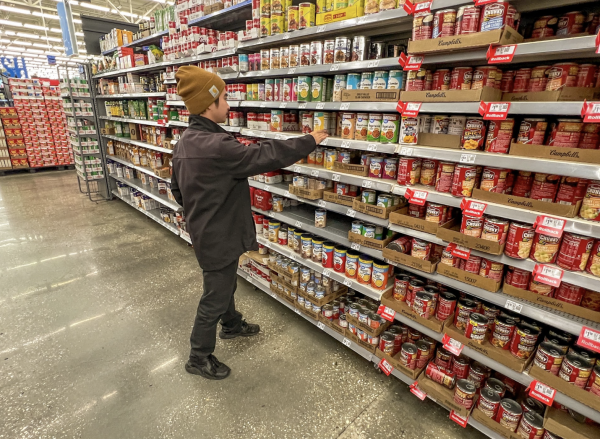
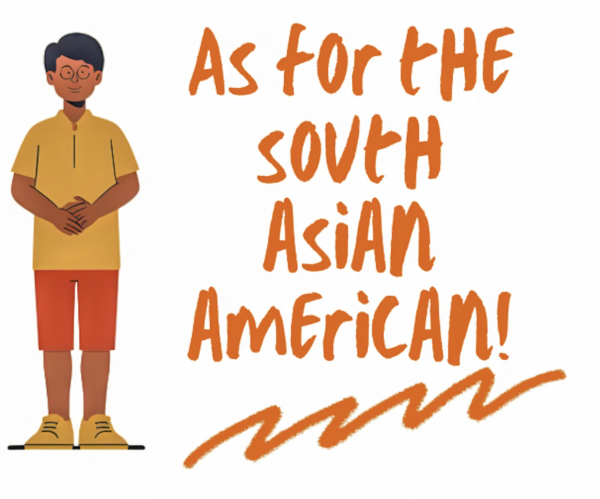
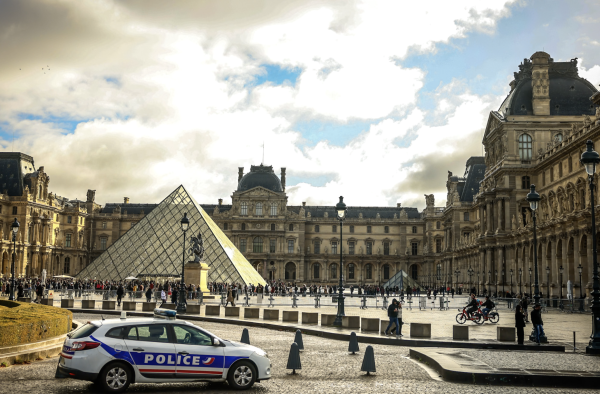
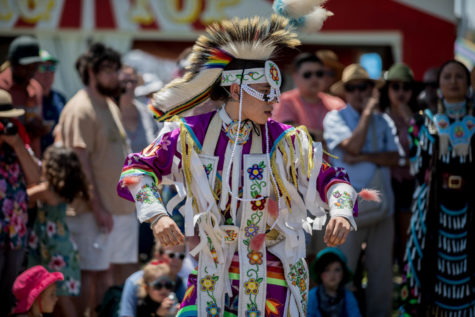
Al Lopez • Sep 2, 2015 at 10:15 am
This is a good article. To understand the root cause, you need to understand the real problems of the US society.
We have too many guns and laws that are totally outdated. It seems that we are still living the Independence from Great Britain (late 1700).
We have a society with too many contradictions as well, where violence is accepted but in other aspects it is totally traditional and closed (race, religion, immigration, environment, etc.).
US needs to be open and learn from other countries that do better in certain aspects like: Education, Environment, Health, etc…. We have too many politicians with a rhetoric that doesn’t add any value..
Just my two cents….